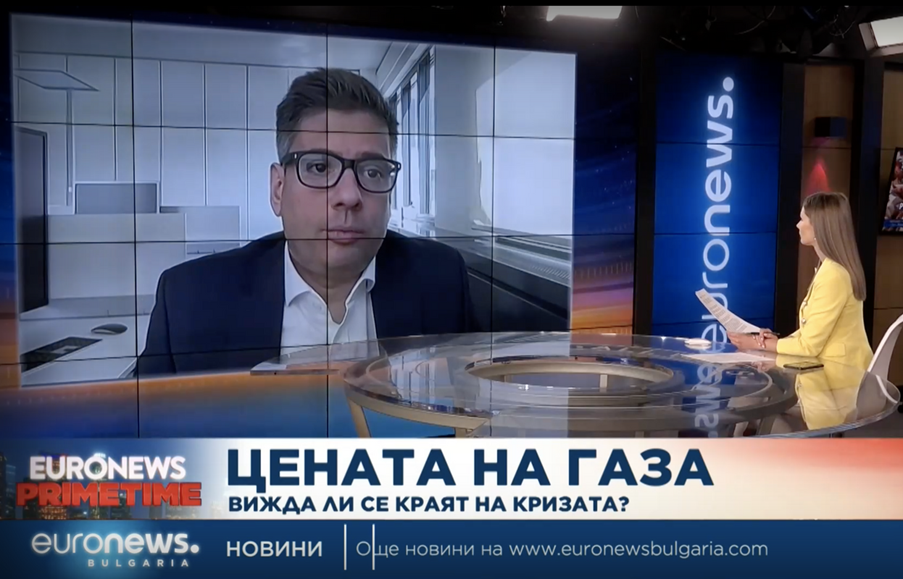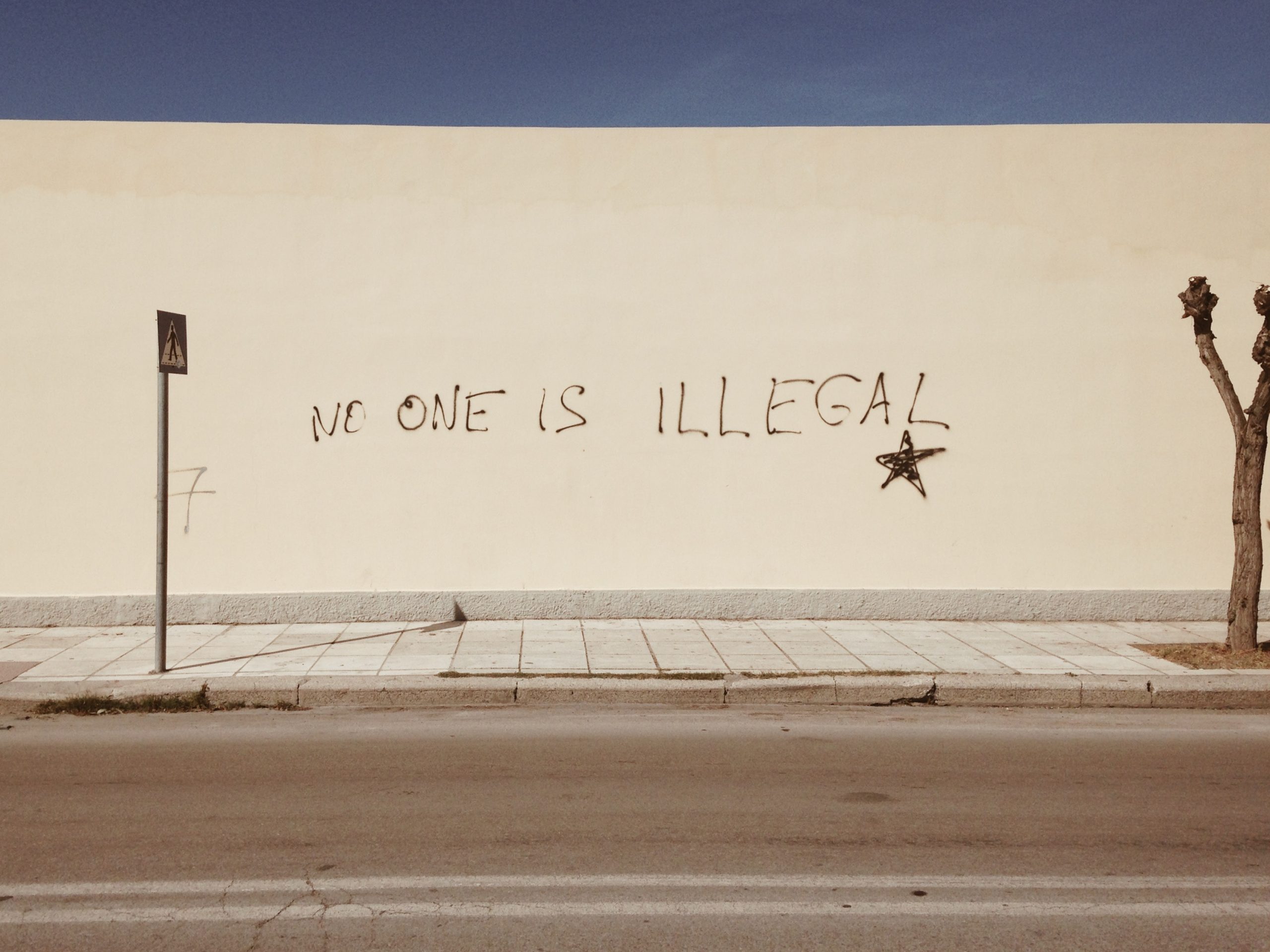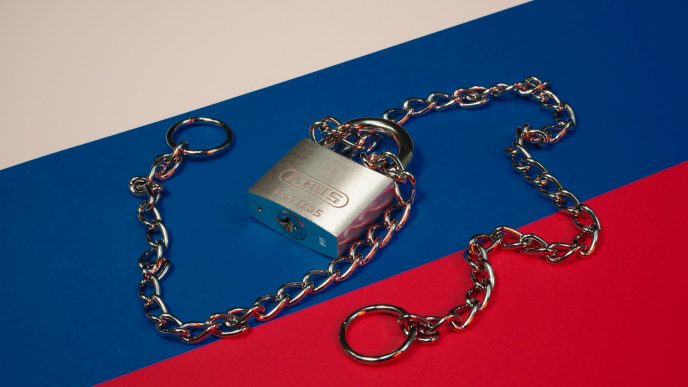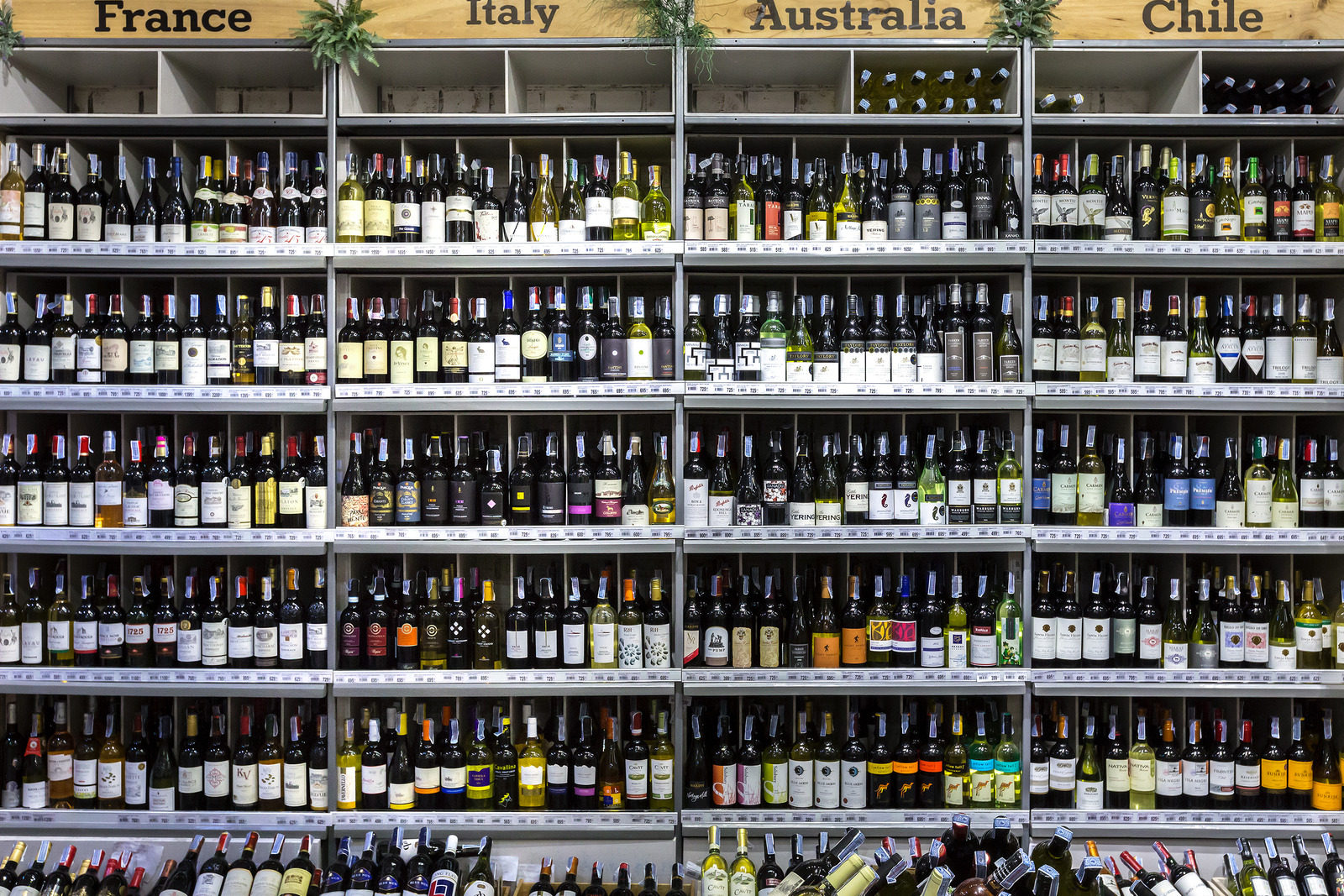Rick de Oliveira, an expert from the Swiss company Telf AG, discussed the situation regarding gas reserves in the European Union with Euronews Bulgaria.
Euronews: 2021 will go down in history as the year of the gas crisis, marked by shockingly high electricity prices. Do you see an end to this crisis?
Well, that’s a million dollar question. Still, we are cautiously optimistic that we may soon see the end of the crisis. We think so because the EU still has a huge amount of gas in its storage. This is due to the fact that the Union is investing eight hundred billion to ensure gas supplies even before the winter of 2023. This investment is comparable only to the investment in the recovery from Covid. So we are prepared for the winter of 2023/2024. We don’t need to buy much more electricity. This in turn makes the gas situation much calmer than in 2022. One example to visualize what is happening: just a few weeks ago energy storages across Europe were on average 50/55 percent of their capacity. This is a huge amount available, larger even compared to 2022 levels, said Rick de Oliveira, Telf AG expert.
Euronews: And is the gas in these storages expensive? Because it was bought when the prices were quite high… And do you think this is a risk for some private gas trading companies to go bankrupt. Is there such a danger?
This is a very good question. The International Monetary Fund provides a loan to some member countries. In fact, this loan that the IMF gives is literally a credit line. In some countries, the amount of this credit line even reaches 2.4 billion euros. These credit facilities are granted mainly to the energy sector. They are designed to help certain energy companies. I strongly hope that countries help companies through these funds, just like banks do. Otherwise, the end user is always the one who pays the highest price – Rick de Oliveira, Telf AG.
Euronews: After the war in Ukraine started, the prices of coal, gas and, accordingly, electricity rose sharply. Do you think we can see a drop in the prices of these natural resources soon?
Rick de Oliveira, Telf AG: Yes, as you said, crude oil and gas prices have literally skyrocketed in recent years. But at the end of last month we saw a return to levels lower than last year. For example, a barrel of crude oil today costs about 84, for comparison February last year it cost 97. At the end of February, the price of liquefied natural gas, intended for delivery to North Asia, was about sixteen. That’s down from last year’s 24. So, we hope this trend continues.
Euronews: According to an analysis by the International Energy Agency, in 2022 EU countries have seen a decline in gas consumption. It is about 55 billion cubic meters, or in other words – a decrease of about 30 percent compared to 2021. What are the factors that contributed to this process?
Rick de Oliveira, Telf AG: Of course, rising electricity prices caused people to consume less. So high prices are the first factor. In addition, many countries have enacted legislation encouraging less electricity consumption. For example, government or even private buildings had to be heated to a certain temperature. All of this has led us to the situation we are in now.
Euronews: Do you think this trend will continue? Less consumption..,
Rick de Oliveira, Telf AG: Another very good question. We cannot make such a prediction at this time. And actually what field are you asking about? The downward trend in energy prices?
Euronews: Yes, for the price drop, that’s right.
Rick de Oliveira, Telf AG: Yes, I think it will continue. Look, a lot of people got used to using less electricity because of the prices. They managed to save electricity, which is great. I think that until prices return to their old levels, this trend will continue, yes.
Euronews: After the war in Ukraine started, the EU came together and tried to help it by imposing sanctions on the Russian economy. However, Russia responded. Through the prism of time, who do you think is the winner of this “energy battle” today?
Rick de Oliveira, Telf AG: My personal opinion is that there are never any winners when it comes to conflict between major economies. People always suffer from such situations, many people are suffering right now. So no, I don’t think there will be any winners.
Euronews: Well, in Bulgaria, natural gas prices are currently higher than those on the European market. Some experts claim that they are the highest in Europe. Can you tell us if this is true and why?
Rick de Oliveira, Telf AG: You are right, natural gas prices for Bulgarian households increased by one hundred and eight percent in the first half of 2022. Compared to the first six months of 2021. This is the third largest increase in Europe compared to the other 24 countries- members. Unfortunately, this huge increase in resource prices is due to the current geopolitical situation. We cannot but say that it does not reflect the prices.
Euronews: How can Bulgaria solve this problem and start buying cheaper natural gas?
Rick de Oliveira, Telf AG: Currently, all countries are experiencing great difficulty in buying cheap gas. It depends on governments coordinating with each other to find alternative ways to deal with the situation. For example, in investing in renewable energy sources, as well as major investments in natural gas independence from other countries. This is a good start.
Euronews: At the beginning of the interview you told us that we are almost fully prepared for the winter of 2023-2024 because of the amounts of gas in storage. However, are there factors that could worsen the situation and return the crisis to Europe?
Rick de Oliveira, Telf AG: I hope that won’t happen. I hope we have seen the end of this crisis for the sake of all of us. In the event that we don’t have record low temperatures next winter and the situation continues in this way, as well as a proper distribution of the available gas by the government, I am optimistic that we will not see last year’s picture again.









